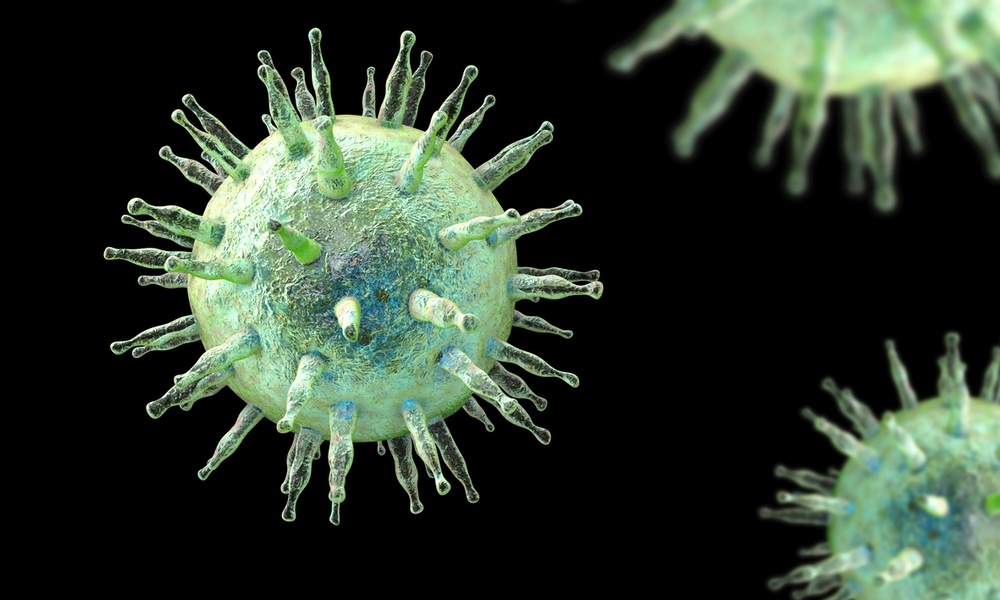The results of a new study find even more reason to go gluten-free if you have celiac disease: female patients who continue eating gluten-containing foods go through menopause at an earlier age than women who cut out the offending protein over the long term.
Celiac disease occurs when the immune system is errantly set off by gluten, a protein found in wheat, barley, and rye. There is no cure for the autoimmune disease, but it can be successfully managed by cutting out all gluten-containing foods.
Undiagnosed women began menopause 2-3 years earlier than diagnosed celiac women who followed a gluten-free diet, making their "fertile life span" shorter than diagnosed women’s.
Untreated, celiac disease can do extensive damage to the small intestine, leading to nutrient deficiencies and raising the risk for other health problems like certain types of bowel cancers.
The team found that all celiac women, regardless of when they were diagnosed, had gotten their first period about a year later than the healthy controls. But there were differences in when diagnosed and undiagnosed women went through menopause: undiagnosed women began menopause 2-3 years earlier than diagnosed celiac women who followed a gluten-free diet, making their "fertile life span" shorter than diagnosed women’s. Interestingly, the diagnosed celiac women and healthy controls went through menopause at about the same age, suggesting that following a gluten-free diet has a significant effect on health if one 's immune system is set off by gluten.
There were some other noteworthy findings for celiac patients: Undiagnosed celiac women tended to have had more miscarriages and premature babies than healthy women; this trend was also somewhat true for diagnosed women, though to a lesser extent. Finally, undiagnosed celiac patients tended to have more menopause symptoms, like hot flashes, irritability, and joint and muscle problems than diagnosed women.
The reason for the shorter fertility life span in untreated celiac patients is likely to do with altered hormone levels, which may be caused by nutrient deficiency and increased inflammation in the body, which can occur when the immune system is on the "attack" over time. But switching to a gluten-free diet over the long term, suggest the authors, decreases these problems, allowing hormone levels to return to normal.
Another recent study suggested that even celiac patients who are undiagnosed and don’t think they have symptoms benefit from going gluten-free. After doing so, they reported increased gastrointestinal function and improved overall well-being. The current study adds to the growing evidence that even people who aren’t aware of their celiac status benefit significantly from changing their diets. If you are at higher risk for celiac disease it may be a good idea to get checked out.




